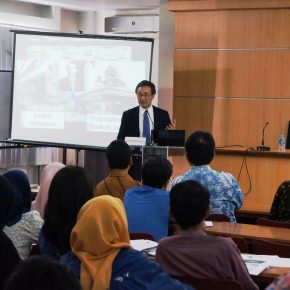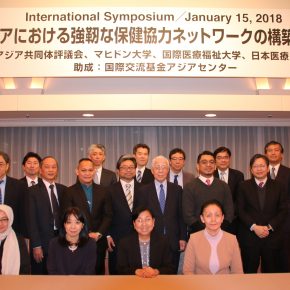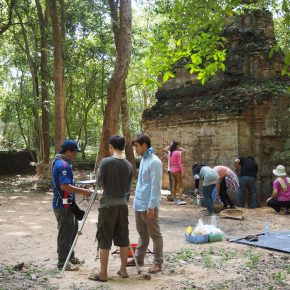Under the long-standing military dictatorship in Myanmar, local lawyers and human rights activists do not know enough about how to leverage international human rights standards to protect and promote human rights. To fix that problem, this project sent Japanese lawyers and other subject experts to Yangon to teach international human rights law for a total of five seminars. The students consisted of lawyers, judges, and human rights activists, many of whom belonged to or were associated with the Yangon Bar Association. Seminars included a lecture component and a group discussion. Topics ranged from international human rights law basics, case studies of Japanese lawyers successfully securing the protection of environmental and women’s rights, and the particular human rights issues Myanmar faces and may face in the future. At the conclusion of the seminars, the lawyers and judges, who had never before received an education on human rights within Myanmar, were able to learn new concepts related to international human rights law. Moreover, when not giving seminars, the project team laid the foundation for building stronger local relationships by holding discussions on the following topics: the human rights issues facing local NGOs and the country at-large, current advocacy activities local NGOs were engaging in, and possibilities for future collaboration.
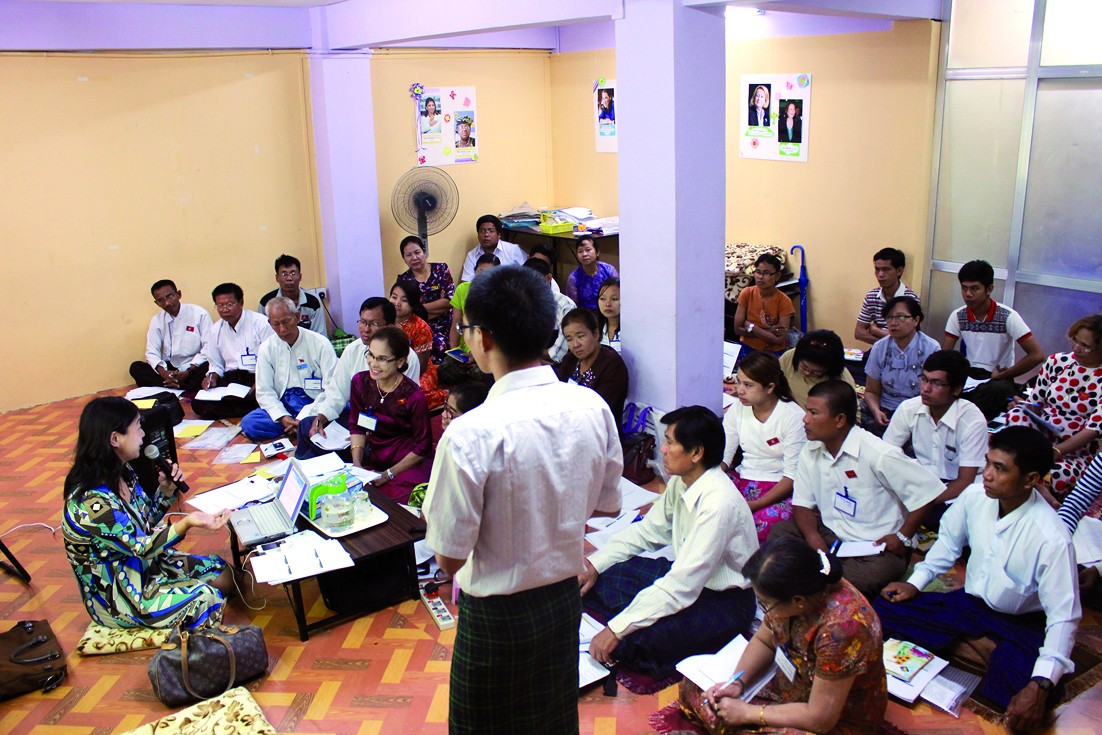
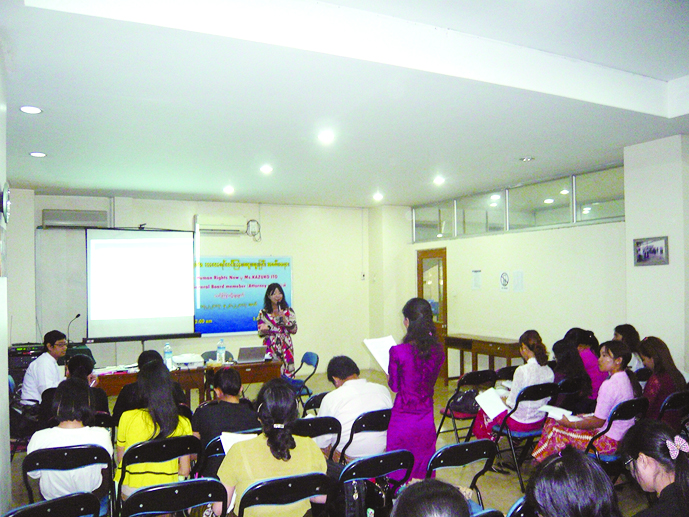
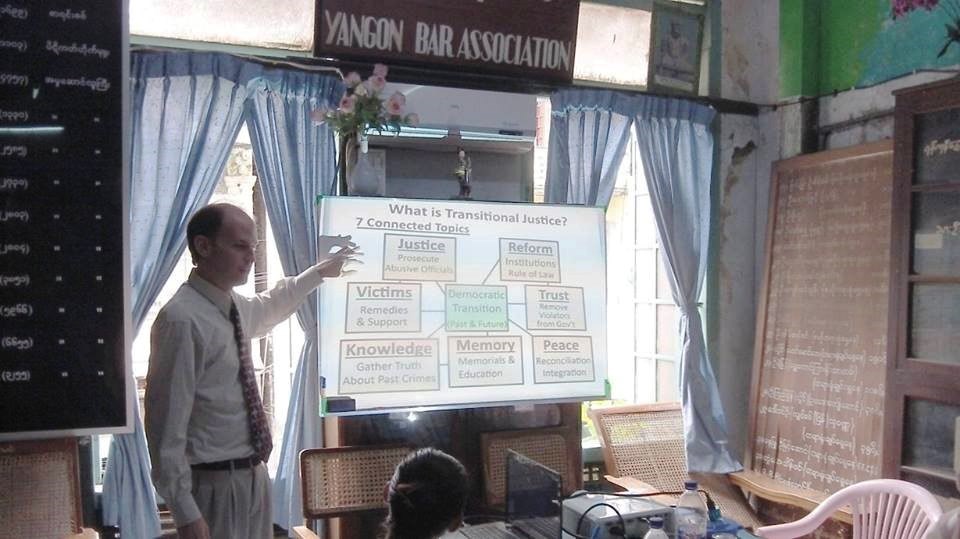
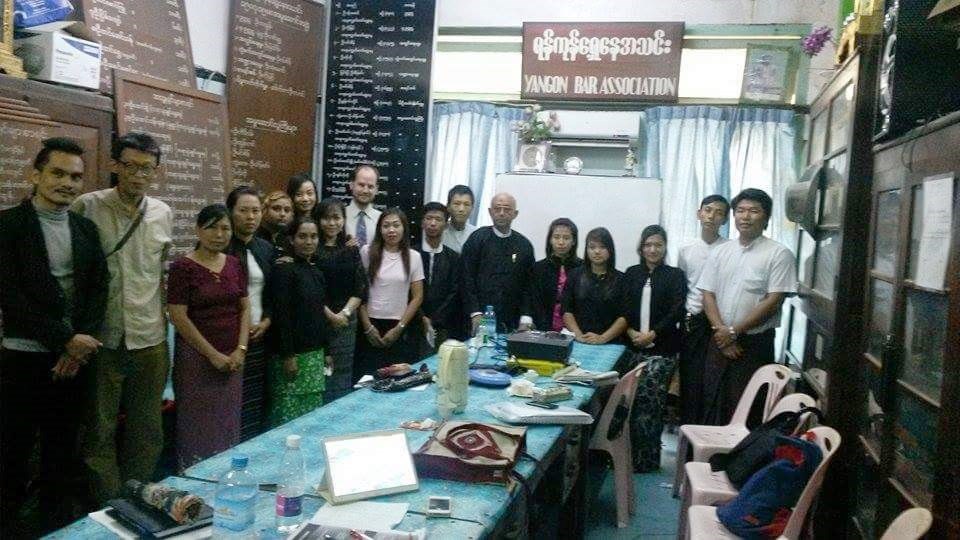
- Related Countries
- Japan, Thailand, Myanmar
- Co-organizer(s), Cooperator(s)
- Yangon Bar Association
From the Organizer
Human Rights Now (HRN) held five seminars on international human rights law for lawyers and human rights activists in Myanmar. Seminars included lectures and group discussion on topics like rule of law, the basics of international human rights law, the significance of lawyers’ ability to work independent of government pressure, and the human rights issues Myanmar faces and may face in the future. The project was successful as it enabled the students to learn novel concepts of international human rights law that had been kept from them under the military dictatorships. The participants were highly motivated, and some even expressed interest in learning how to apply the seminar lessons to more specific cases. One challenge, however, was the difficulty of maintaining consistent participation throughout the entire program since most participants had to balance full-time jobs. As such, HRN must brainstorm on how to provide follow-up support to these students to ensure they receive the maximum benefit of these seminars. Furthermore, HRN is interested in making a wider impact in Myanmar by building upon the relationships that were established as a result of this project and collaborating with the local organizations to provide additional classes that meet local needs.





